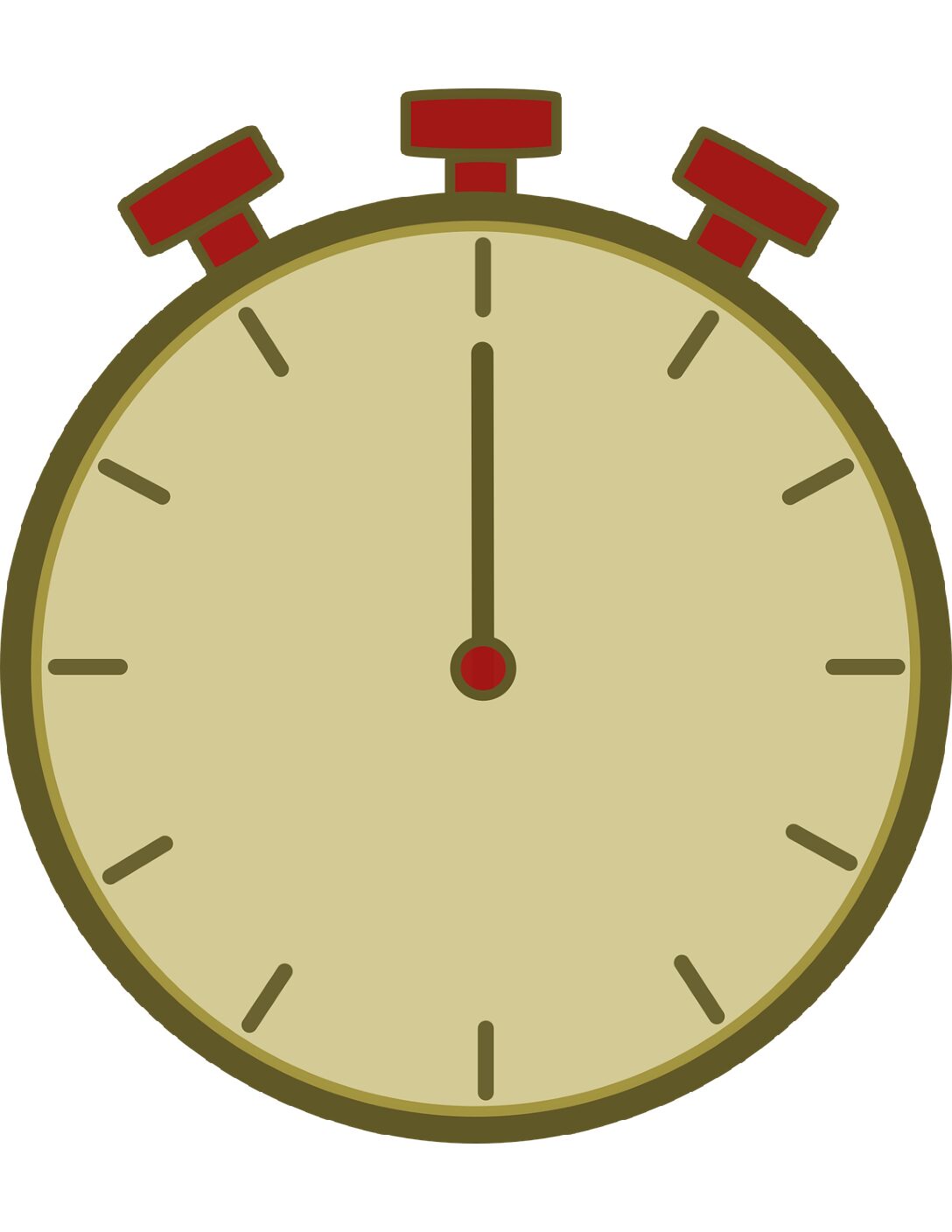Charges of hypocrisy are rampant these days. Perhaps the most pervasive ones currently refer to the Brett Kavanaugh hearings, with each side claiming the other is following a rule it rejected earlier (whether or not Supreme Court nominees should be considered in an election year and whether or not due process matters, just to name two). There are also charges that Republicans say they care about helping the poor while passing laws abandoning them, and that Democrats say they care about equality while treating some groups as less deserving. Outside the realm of politics, accusations of hypocrisy have been leveled against theists, atheists, intellectuals, workers, the old, the young, and everyone in between.
Often left out of this discussion is the difficulty of being completely authentic in a world as complicated as ours. Unless one is in a remarkably privileged place, it is hard to avoid making any concessions inconsistent with one’s principles. Anyone who wants a different society must compromise when interacting with the one currently in existence, and building coalitions requires adjusting one’s goals to make them more amenable to the groups you’re hoping to attract. None of this is to say that we should avoid calling out hypocrisy, for such criticisms still help us recognize our flaws, encouraging better behavior. But we should not approach life with the idea that any hypocrisy proves others are acting in bad faith. Charges of hypocrisy must be applied thoughtfully, or they become a hindrance to progress. To further inform our thoughts about hypocrisy, enjoy these analyses of it.
- Kyle Fritz and Daniel Miller, “Hypocrisy and the Standing to Blame,” Pacific Philosophical Quarterly, March 2018.
- Brian Zamulinski, “Hypocrisy and the Nature of Belief,” Ratio, June 2015.
- Nicki Hedge and Alison Mackenzie, “Riots and Reactions: Hypocrisy and Disaffiliation?,” Journal of Philosophy of Education, August 2015.
- Marcelina Piotrowski, “‘Authentic’ folds: environmental audiences, activists and subjectification in hypocrisy micropolitics,” Continuum: Journal of Media & Cultural Studies, December 2017.
- Maureen Sie, “Moral Hypocrisy and Acting for Reasons: How Moralizing Can Invite Self-Deception,” Ethical Theory & Moral Practice, April 2015.
*
Have a suggestion for the What Are You Reading column? Contact us here.







